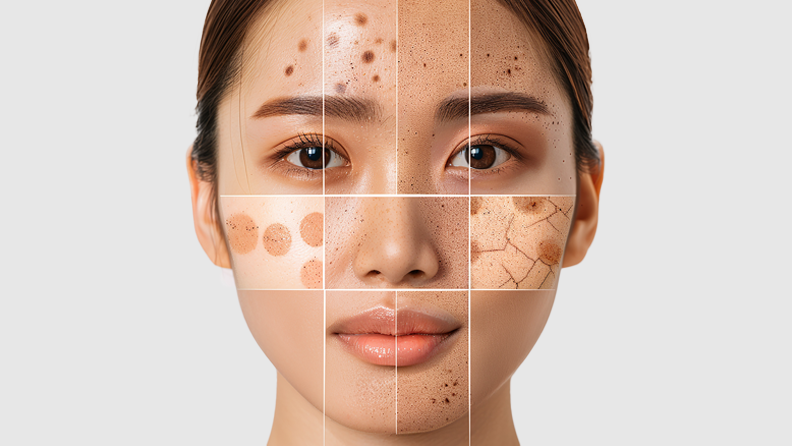Microgen Dermatology
Did you know that your skin health may be influenced by your genes? MicroGen's dermatology genetic testing can help uncover your risk for serious skin conditions, certain cancers, and pigmentation issues. By understanding your genetic makeup, we can provide tailored advice to prevent, manage, and treat skin concerns.
Understanding Inherited Skin Disorders
Inherited skin conditions are those passed down through families due to genetic factors. These conditions can affect the skin, hair, nails, and sometimes other body parts.
- Skin Issues - Scaling and Blistering: Conditions like ichthyosis (dry, scaly skin) and epidermolysis bullosa (blistering skin).
- Pigment Changes - Disorders like vitiligo (loss of skin color) and albinism (lack of pigment).
- Hair, Nails, and Sweat Glands - Hair, Nail, and Sweat Problems: Conditions like alopecia areata (hair loss), nail dystrophy (nail abnormalities), and ectodermal dysplasia (affecting hair, nails, teeth, and sweat glands)
- Connective Tissue - Skin and Joint Issues: Disorders like Ehlers-Danlos syndrome (loose joints and stretchy skin) and cutis laxa (loose, sagging skin).
- Whole Body Conditions - Skin and Other Organs: Conditions like neurofibromatosis (nerve and skin tumors) and tuberous sclerosis (tumors in various organs, including the skin).
When to Consider Dermatology Genetic Testing
Dermatology genetic testing can be valuable in understanding and managing certain skin conditions. Consider genetic testing if you or your family have:
- A strong family history of skin conditions - Multiple family members with the same or similar skin disease.
- Early onset of a skin condition - Skin problems appearing at a young age.
- Hair, Nails, and Sweat Glands - Hair, Nail, and Sweat Problems: Conditions like alopecia areata (hair loss), nail dystrophy (nail abnormalities), and ectodermal dysplasia (affecting hair, nails, teeth, and sweat glands)
- Severe or unusual skin conditions - Skin diseases with a complex or atypical presentation
- Rare or undiagnosed skin conditions - Difficulties in determining the exact diagnosis.
- Suspected genetic syndrome - Difficulties in determining the exact diagnosis.
- Increased risk for skin cancer - Multiple or atypical moles, or a family history of skin cancer, particularly melanoma.

